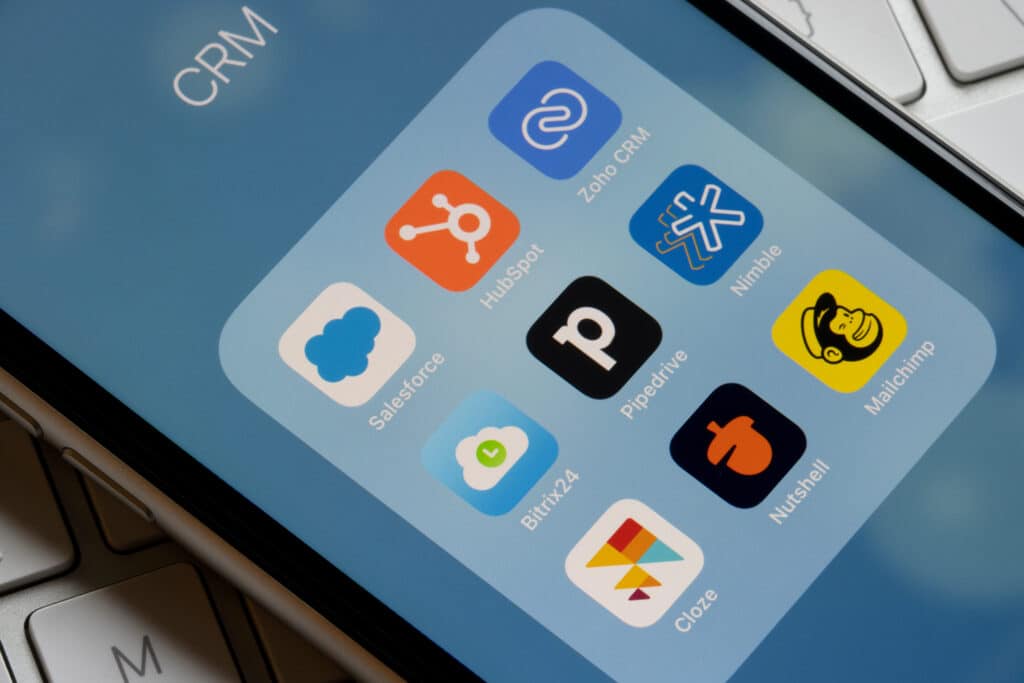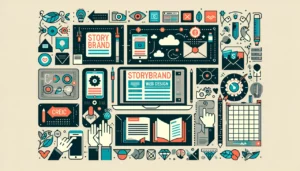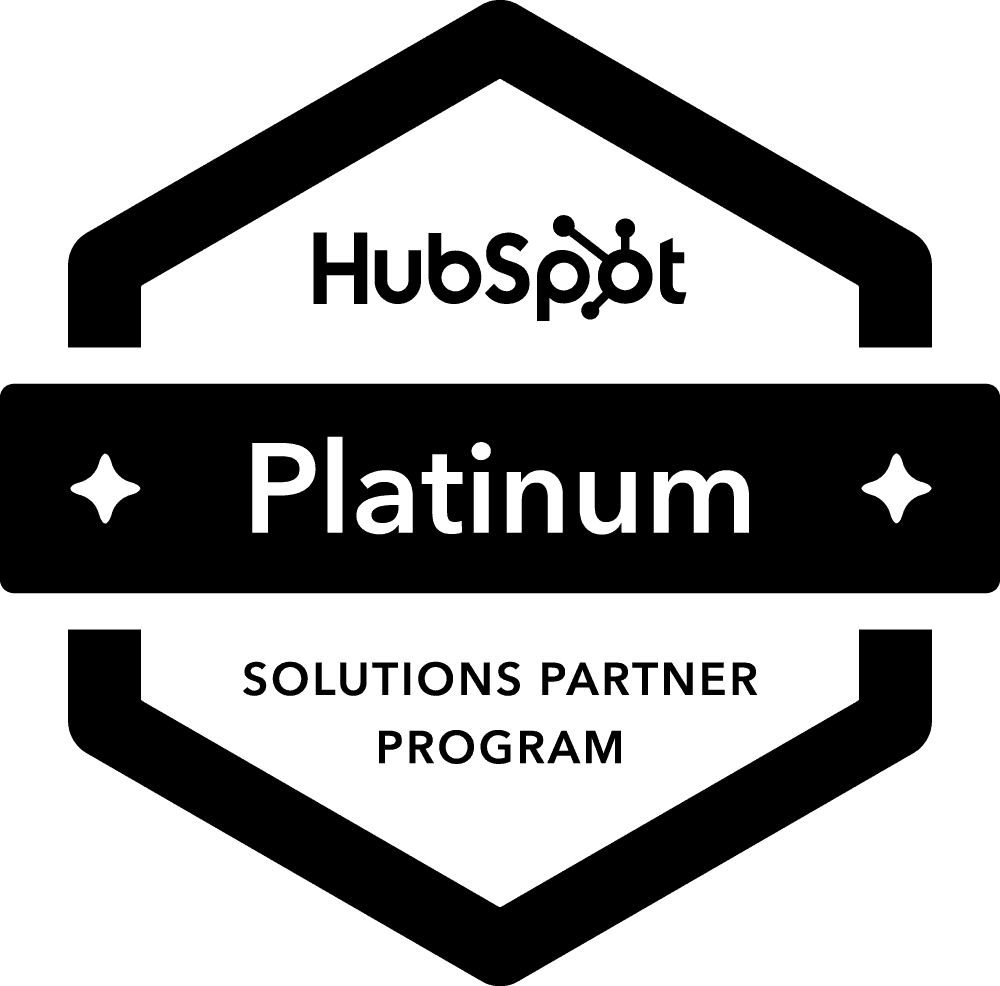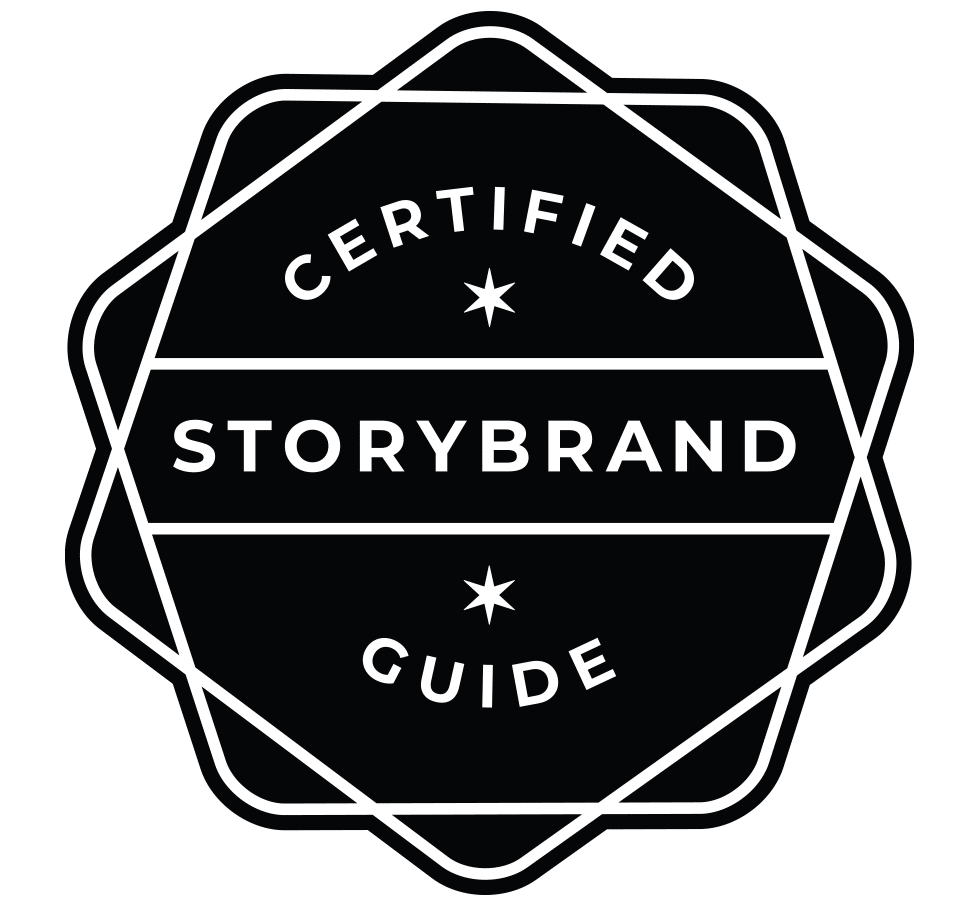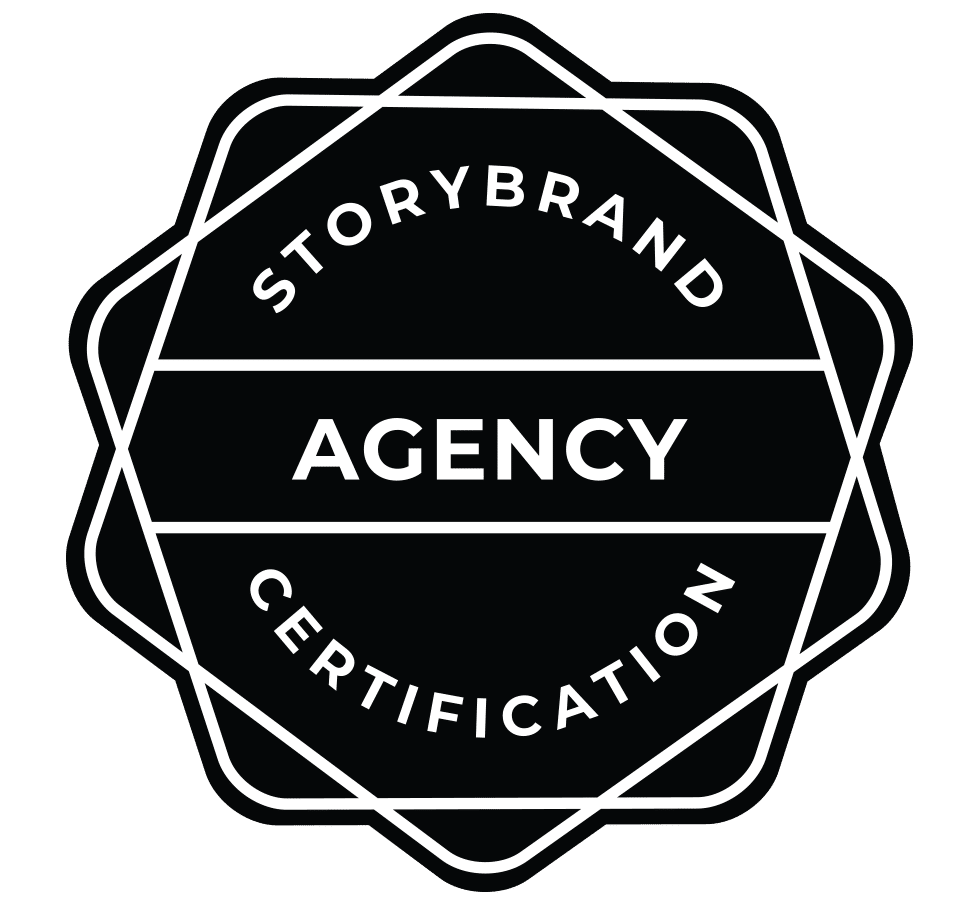When you’re looking to engage and maintain relationships with leads, prospects, and customers through email, a Customer Relationship Management (CRM) tool is essential. If you don’t have one in place, and you’re considering options, two of the most common ones that you’ll see are HubSpot and Mailchimp.
However, these tools are more than mass emailers. They have their own suite of capabilities behind the curtain that could transform the way that you engage with your customers.
Which one is right for your business, though? In this guide, we’ll put HubSpot vs Mailchimp head-to-head so that you can see the strengths of each one.
The Power of Using HubSpot
HubSpot has made a significant mark in the world of CRM software, primarily due to its intuitive design and its ability to offer comprehensive solutions for businesses. At its core, the power of HubSpot as a CRM lies in its seamless integration capabilities and user-friendly interface.
Companies can manage contacts, monitor interactions, and ensure that all their leads and customers are tended to efficiently. This centralization of customer data allows businesses to have a holistic view of their audience, helping in making informed decisions and fostering relationships that are both meaningful and profitable.
Moreover, the value proposition of HubSpot isn’t merely limited to its prowess as a CRM tool. It’s a robust inbound marketing platform that caters to the diverse marketing needs of businesses.
One of the standout features is its inbound marketing capabilities. In today’s digital landscape, where consumers are increasingly wary of aggressive sales pitches and traditional advertising, HubSpot’s focus on inbound marketing has become a game-changer.
It enables businesses to attract customers organically through content creation, social media, and search engine optimization (SEO). This approach not only helps in drawing traffic but also positions the business as a thought leader in its industry, building trust and credibility among prospects.
In addition to the above, HubSpot offers automation tools that revolutionize how businesses approach marketing campaigns. With the increasing complexity of today’s marketing landscape, automation aids in streamlining repetitive tasks, ensuring that no lead slips through the cracks, and personalizing the customer journey.
HubSpot’s automation functionalities, when combined with its analytics tools, provide businesses with insights into the effectiveness of their campaigns. They can then refine their strategies, focusing on what works best for their target audience. This cycle of implementation, analysis, and refinement ensures continuous improvement, maximizing the return on investment for marketing efforts.
Furthermore, HubSpot’s versatility extends beyond CRM and marketing. The platform offers a suite of capabilities that encompass sales and customer service, thereby presenting a unified solution for businesses to manage their growth.
With its integrated ecosystem, businesses can ensure that there’s a consistent and aligned approach across all departments, leading to better collaboration, more effective communication, and ultimately, enhanced customer satisfaction. In essence, HubSpot’s multifaceted offerings make it a powerhouse for businesses looking to scale and make an impact in the market.
What is Mailchimp?
Owned by Intuit, the company perhaps most notable for its TurboTax software, Mailchimp is one of the other most widely used CRM solutions on the market. The company focuses heavily on email marketing at its core, with a wide variety of templates to utilize, which can help save on design costs.
Like HubSpot, Mailchimp also offers some features like social media marketing and content marketing capabilities. Though it is primarily leveraged for its email marketing, it is also capable of doing more.
Perhaps the largest advantage that Mailchimp has over HubSpot is its affordability. While it often will cost far less, the features are also more limited. Whereas HubSpot aims to be a true central hub for all of your marketing efforts, Mailchimp emphasizes a more limited scope and straightforward user interface.
HubSpot vs Mailchimp: How Do You Choose?
When discussing HubSpot and Mailchimp, both platforms offer distinct advantages depending on the business needs. However, when examined from a holistic standpoint, HubSpot tends to provide a more comprehensive suite of tools, positioning it as a more versatile and advanced solution for businesses.
To begin with, HubSpot’s primary strength lies in its comprehensive CRM capabilities. While Mailchimp initially started as an email marketing tool and has since expanded its offerings to include basic CRM functionalities, HubSpot was designed with a broader focus.
This difference in foundation means that HubSpot offers a more in-depth approach to customer relationship management. Businesses can seamlessly track and manage customer interactions, integrating data from various touchpoints to get a rounded view of each customer’s journey. Mailchimp, on the other hand, is somewhat limited in this respect, providing CRM features that cater more to smaller businesses or those just beginning to integrate a CRM system.
Additionally, HubSpot’s inbound marketing philosophy and tools give businesses an edge in the current digital landscape. HubSpot not only offers email marketing, like Mailchimp, but it also provides tools for content management, SEO, social media marketing, and more. This ensures businesses can employ a multi-pronged approach to attract and nurture leads. Mailchimp, though strong in its email marketing domain, doesn’t offer the same breadth in its marketing suite.
Automation is another area where HubSpot shines. While both platforms offer automation tools, HubSpot’s are arguably more advanced and integrated, allowing for complex workflows that touch upon various aspects of the customer journey, from lead capture to conversion and beyond. This deep integration ensures that businesses can provide a consistent and personalized experience for their customers.
Lastly, HubSpot’s ecosystem is designed to grow with businesses. As organizations expand, HubSpot offers additional tools and features that cater to advanced needs, such as sales tools, customer service modules, and a marketplace full of integrations. Mailchimp, while robust in its specific niche, doesn’t offer the same scalability and comprehensive integration as HubSpot.
In the end, it is easy to see how HubSpot is a clear winner – not only as a CRM, but also as a comprehensive marketing tool. This does not mean that Mailchimp does not have its usefulness, especially for businesses that prioritize email marketing, but for those who want a solution that can go beyond – HubSpot is a true winner.
Work With a Team of HubSpot Experts to Grow Your Business
At Business Builders, we proudly serve businesses like yours as a HubSpot Solutions Partner to help you get the most value out of your investment in HubSpot. Beyond building a strategy, we’ll implement it to drive the most impact possible.
To learn more about how we can bring the power of HubSpot to your marketing efforts, request a quote with us today.

